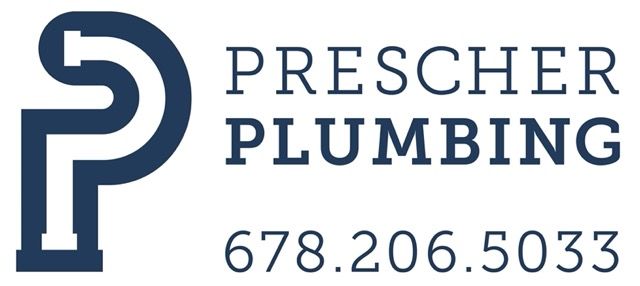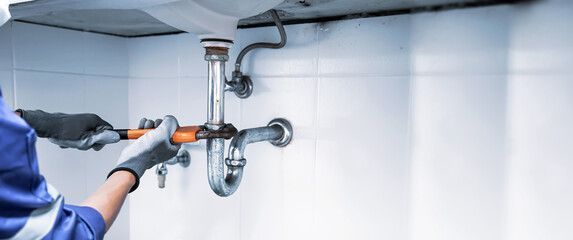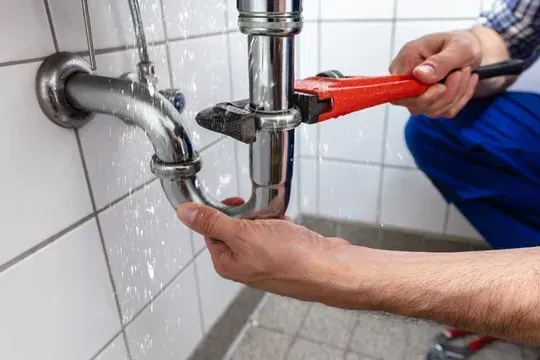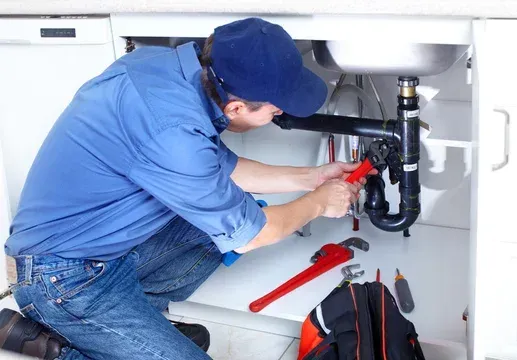Essential Plumbing Tips: A Homeowner's Guide to Preventive Maintenance in Dunwoody
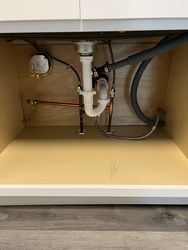
Owning a home comes with its share of responsibilities, and one crucial aspect is maintaining the plumbing system. Neglecting plumbing issues can lead to costly repairs and inconvenience. In this article, we'll explore essential plumbing tips to help homeowners in Dunwoody ensure their plumbing systems run smoothly, saving them both time and money.
Regular Inspections:
- Regular inspections of plumbing systems are essential to ensure the proper functioning and longevity of the overall infrastructure. Plumbing inspections involve a comprehensive examination of pipes, fixtures, and related components to identify potential issues such as leaks, corrosion, or blockages. These routine assessments help in detecting problems early on, preventing costly damages and disruptions. Inspections also play a crucial role in ensuring compliance with building codes and regulations. By prioritizing regular plumbing inspections, property owners can proactively address maintenance needs, optimize system performance, and ultimately enhance the reliability and efficiency of their plumbing infrastructure.
Know Your Main Shut-Off Valve:
- Understanding the location and operation of the main shut-off valve in a plumbing system is crucial for homeowners to respond effectively to emergencies and perform routine maintenance. Typically located near the water meter where the main water supply enters the property, the main shut-off valve is a key component that controls the flow of water to the entire plumbing system. In case of a burst pipe, major leak, or other water-related emergencies, quickly turning off this valve can prevent extensive damage and water wastage. Homeowners need to familiarize themselves with the main shut-off valve's location, ensure its proper functioning, and regularly test it to guarantee a swift and efficient response during unforeseen plumbing incidents.
Monitor Water Pressure:
- Monitoring water pressure in a plumbing system is crucial for maintaining the integrity and efficiency of the overall infrastructure. Proper water pressure ensures the optimal functioning of appliances, prevents leaks, and extends the lifespan of pipes and fixtures. Homeowners should regularly check water pressure using a pressure gauge, which can be attached to an outdoor faucet. The recommended range for residential water pressure is typically between 40 and 60 pounds per square inch (psi). If the pressure exceeds or falls below this range, it can lead to issues such as pipe damage, appliance malfunction, or inefficient water usage. Regular monitoring allows for the early detection of abnormalities, enabling timely adjustments or repairs to maintain a balanced and safe water pressure in the plumbing system.
Upgrade Plumbing Fixtures:
- Upgrading plumbing fixtures in a plumbing system can significantly enhance efficiency, water conservation, and overall functionality. Modern fixtures, such as low-flow toilets, water-saving faucets, and efficient showerheads, are designed to reduce water consumption without compromising performance. These upgrades not only contribute to environmental conservation but also result in lower utility bills for homeowners. Additionally, replacing old or worn-out fixtures can improve aesthetics and increase the property's overall value. It's important to consider factors like water efficiency ratings, durability, and compatibility with existing plumbing systems when selecting and installing upgraded fixtures. Regularly upgrading plumbing fixtures aligns with sustainability efforts, promotes water conservation, and ensures a more contemporary and efficient plumbing system for residential or commercial properties.
Practice Safe Disposal Habits:
- Practicing safe disposal habits in a plumbing system is crucial for preventing clogs, blockages, and environmental harm. Avoid flushing non-biodegradable items such as wipes, sanitary products, or paper towels down toilets, as they can lead to plumbing issues and strain wastewater treatment systems. Properly dispose of grease and cooking oils in designated containers instead of pouring them down the drain, as they can solidify and cause blockages over time. Use a drain strainer to catch hair and debris, preventing them from entering the pipes. Additionally, be mindful of what goes down kitchen sinks, ensuring that food scraps are disposed of in the trash or compost bin rather than being washed down the drain. These safe disposal habits not only protect the plumbing system but also contribute to environmental sustainability and the longevity of wastewater treatment infrastructure.
Insulate Pipes:
- In colder climates like Dunwoody, insulating exposed pipes can prevent freezing and potential bursts during winter. Insulation helps maintain a consistent temperature and protects your plumbing system.
Address Leaks Promptly:
- Addressing leaks promptly in a plumbing system is essential for preventing water damage, mold growth, and unnecessary water waste. Even minor leaks can escalate into significant issues over time, leading to structural damage and increased repair costs. Homeowners should regularly inspect their plumbing for any signs of leaks, such as damp spots, water stains, or unexplained increases in water bills. Once a leak is identified, it's crucial to take immediate action by repairing or replacing the affected components. This proactive approach not only preserves the integrity of the plumbing system but also contributes to water conservation efforts. Timely leak repairs can mitigate potential long-term damage, promote sustainability, and save water resources and money for property owners.
Educate Yourself on DIY Fixes:
- While some plumbing issues require professional attention, knowing how to perform basic DIY fixes can be invaluable. Learn how to unclog drains, replace washers, and fix minor leaks to handle small problems promptly.
Schedule Professional Maintenance:
- Regularly scheduling professional plumbing maintenance is a proactive and preventive measure that can help ensure the optimal performance and longevity of a plumbing system. Professional Plumbers Dunwoody can conduct thorough inspections, identify potential issues before they escalate, and perform routine maintenance tasks such as cleaning drains, flushing water heaters, and inspecting pipes for leaks or corrosion. This proactive approach not only helps in preventing costly repairs but also enhances the overall efficiency of the plumbing infrastructure. By adhering to a scheduled maintenance routine, homeowners can address small problems before they become major issues, improve water efficiency, and maintain the reliability of their plumbing system. Professional Plumbers Dunwoody has the expertise and tools to conduct comprehensive assessments, making regular maintenance a key component of responsible homeownership.
Emergency Preparedness:
- Create an emergency plumbing kit with essential tools, such as a plunger, pipe wrench, and plumber's tape. Being prepared for unexpected issues can help minimize damage until professional help arrives.
In conclusion, adhering to essential plumbing tips is fundamental for maintaining a functional, efficient, and trouble-free system. Regularly monitor water pressure, promptly address leaks, practice safe disposal habits, and consider upgrading plumbing fixtures to enhance efficiency and conservation. Additionally, knowing the location and operation of the main shut-off valve and scheduling professional plumbing maintenance are crucial steps in preventing emergencies and ensuring the long-term health of your plumbing infrastructure. By adopting these practices, homeowners can contribute to water conservation, reduce the risk of costly repairs, and promote a sustainable and reliable plumbing system. Taking a proactive approach to plumbing care ultimately saves both resources and money while ensuring a well-maintained and resilient home.
You might also like
Book a Service Today
We will get back to you as soon as possible
Please try again later
Quick & Reliable
Emergency Plumbers Atlanta: Count on Prescher Plumbing Service for 24/7 urgent plumbing assistance. Our dedicated team ensures top-tier customer service, ensuring a swift response with just one call.
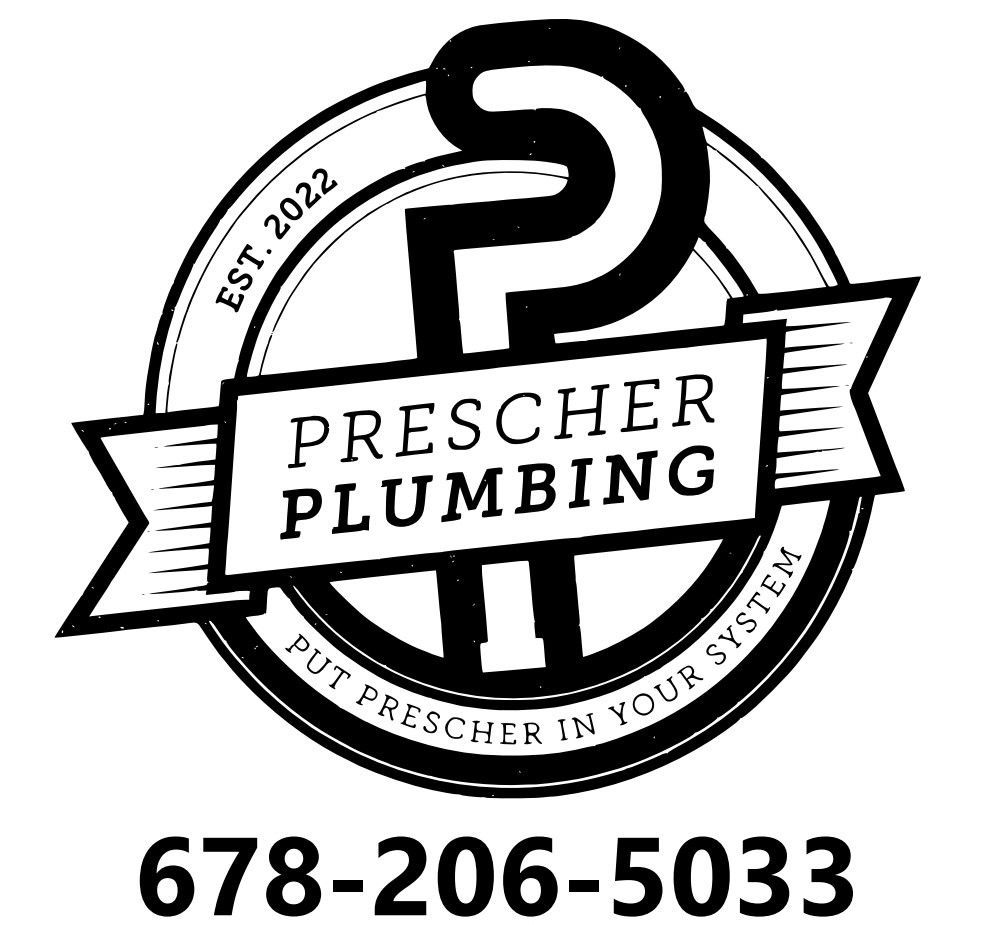
Atlanta and the surrounding areas leading professional plumbing service since 2022.
Navigation
Working Hours
Monday-Friday 8am - 6pm
Edit Google Reviews Widget
All Rights Reserved | Prescher Plumbing Service
